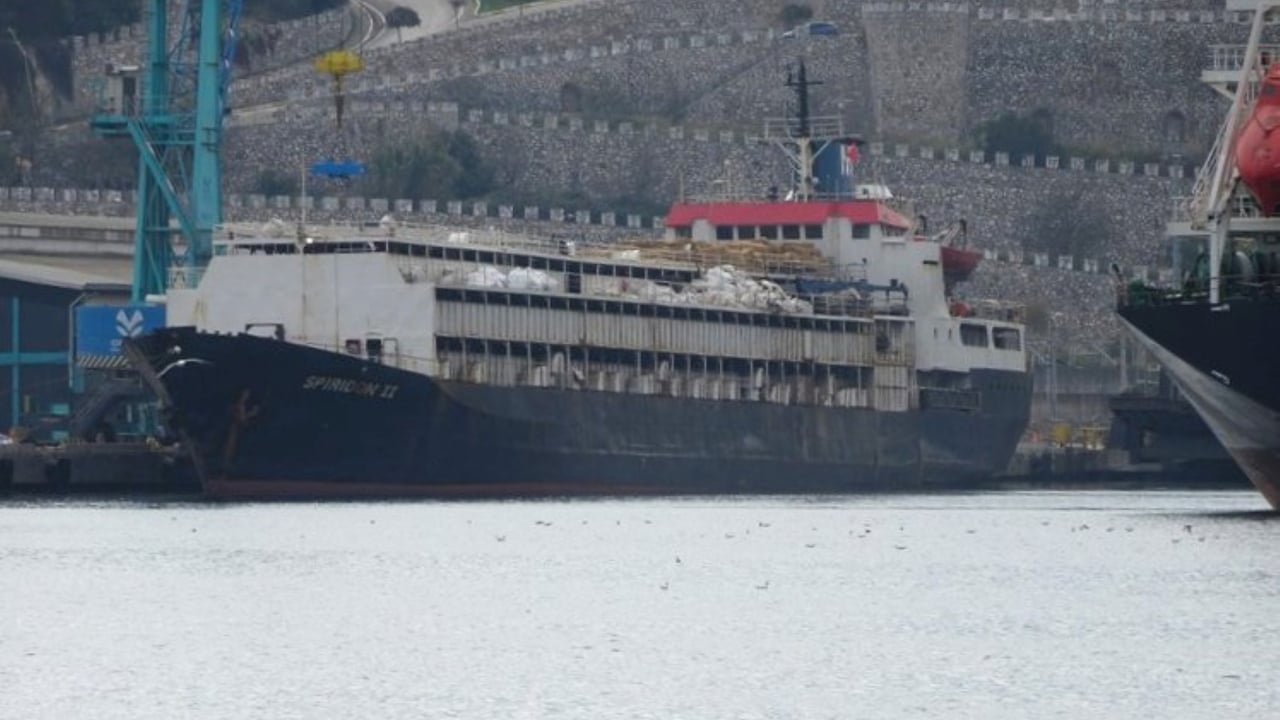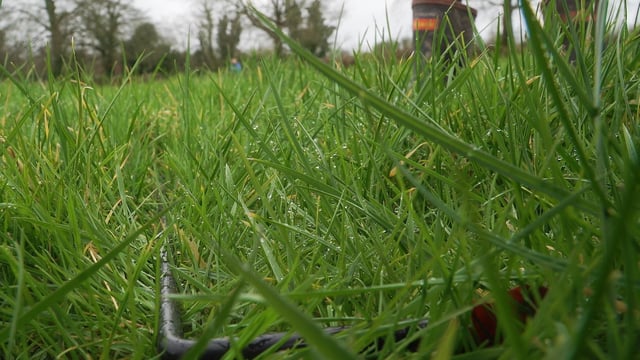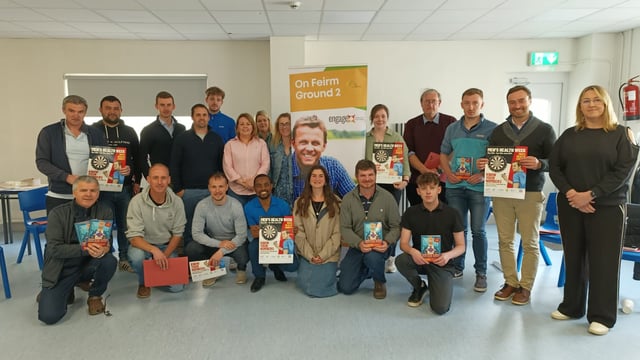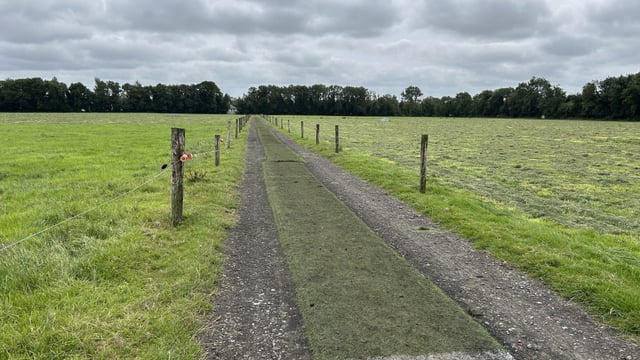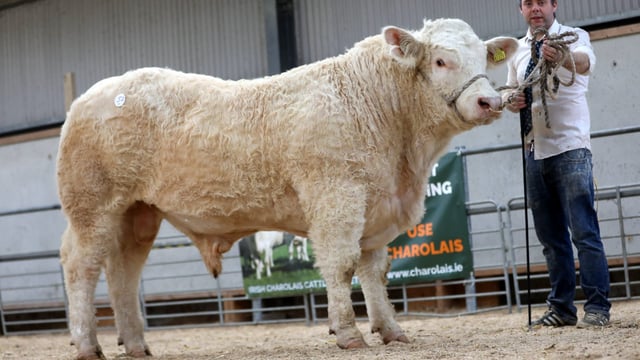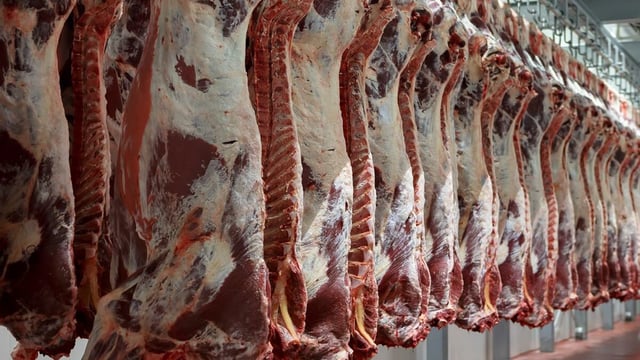Uruguayan cattle stranded on ship due to tagging issues
By Chris McCullough
Almost 3,000 cattle from Uruguay have been stranded on a ship near the Turkish coast unable to be unloaded due to issues with tagging documentation.
So far, at least 48 of the cattle have died, and there are further fears of more deaths as feed and water supplies are running out.
The cattle are said to be in-calf Holstein heifers and have been at sea for over 50 days, which has prompted interjection by the Animal Welfare Foundation (AWF).
According to the AWF there are 2,901 cattle on board the livestock vessel Spiridon II for over 50 days, and are now stranded close to the Turkish coast.
Turkish authorities are refusing to allow the animals to be unloaded due to discrepancies in ear tag documentation.
Cattle
Local media reports suggest the Turkish Ministry of Agriculture and Forestry inspected the cattle when the vessel arrived but denied permission to land the animals because around 500 of the ear tags did not match documentation on the ship.
"Together with Animal Advocacy and Food Transition, Animals International, and Dr Lynn Simpson, an Australian veterinarian and expert on live exports by sea, we have called on the Turkish authorities to immediately unload the animals to prevent further suffering," AWF said.
"Although this case does not involve the EU or EU animals, we have formally appealed to the European Commission to intervene and take all possible diplomatic and technical steps to enable the immediate unloading of the surviving cattle.
"Even if only animals with compliant identification could initially be offloaded, this would reduce overcrowding and allow the remaining animals better access to scarce resources.
"After the long journey from Uruguay to Turkey, the animals are already weakened. Every further delay means massive suffering," AWF added.
Ship
Due to heavy public pressure on the Turkish authorities, the Spiridon II was able to dock briefly at the port of Bandırma to restock on feed, bedding and water.
None of the cattle were able to leave the ship during this short time.
"It is my experience that provisions of fodder, bedding and fresh water are likely to be low or non-existent at this point with an unexpectedly extended voyage," Dr. Simpson said.
"In addition, reverse osmosis can no longer reliably produce fresh water near the coast due to the nature of particulate matter in the water closer to the coast compared to in deep ocean.
"I suspect that water supplies will be very low or questionable in quality if made at anchor," she said.
Turkey
According to reports, Turkey is refusing to accept the animals, and the ship’s owner is now reportedly trying to sell them to Ukraine, which the AWF would be "disastrous for the animals as, after more than 50 days at sea, they are weakened, dehydrated and severely stressed".
The Spiridon II sails under the Togolese flag and mainly transports animals from South America to the Middle East.
"For days, we have been demanding that the animals be unloaded to prevent further suffering and deaths. But the authorities are not taking action, and the animals' torment continues.
"After days without a solution, we urgently appeal to the authorities to have the animals examined by a veterinarian and to put those that are sick or weakened out of their misery.
"The remaining animals must be brought ashore without delay," AWF said.
This is not the first time the Spiridon II vessel has been in trouble as in June 2022, when it was loaded with approximately 7,900 bulls and sheep, its engine failed off the coast of Spain.
It had to be towed to Greece, where the animals were swapped over to another vessel at anchor outside the port.
